Eating too much can leave you feeling bloated and uncomfortable, but experts say there are a number of ways to ease this discomfort.
To help eliminate the feeling of being too full, lethargic, and bloated, nutritionists point out 5 good tips.
Identify triggers

Eating too much can make you feel bloated and uncomfortable.
Knowing ahead of time which ingredients cause discomfort can help eliminate bloating.
Dr. Michael Hartman, a nutritionist working in the US, advises: Knowing what foods you are intolerant to and other irritants is very important to avoid or limit to prevent digestive problems such as bloating, according to the US health news site Healthline.
To identify foods that cause bloating, American nutritionist Erin Palinski-Wade recommends keeping a daily food diary.
It's best to keep track of the foods you eat, the portion sizes, the timing, and any symptoms you experience. This can help you identify foods that may be causing your bloating.
Avoid "eating" too much in one big meal
Waiting too long between meals until you're hungry can often lead to eating too quickly and too much, which can cause bloating, says Palinski-Wade.
Instead of going all out for one big meal, eat meals and snacks regularly throughout the day to aid digestion.
Be careful with foods that can cause bloating, like eating lots of cruciferous vegetables, too much fiber, or lots of fat, salt, and sugar at once, she says.
Eat in moderation
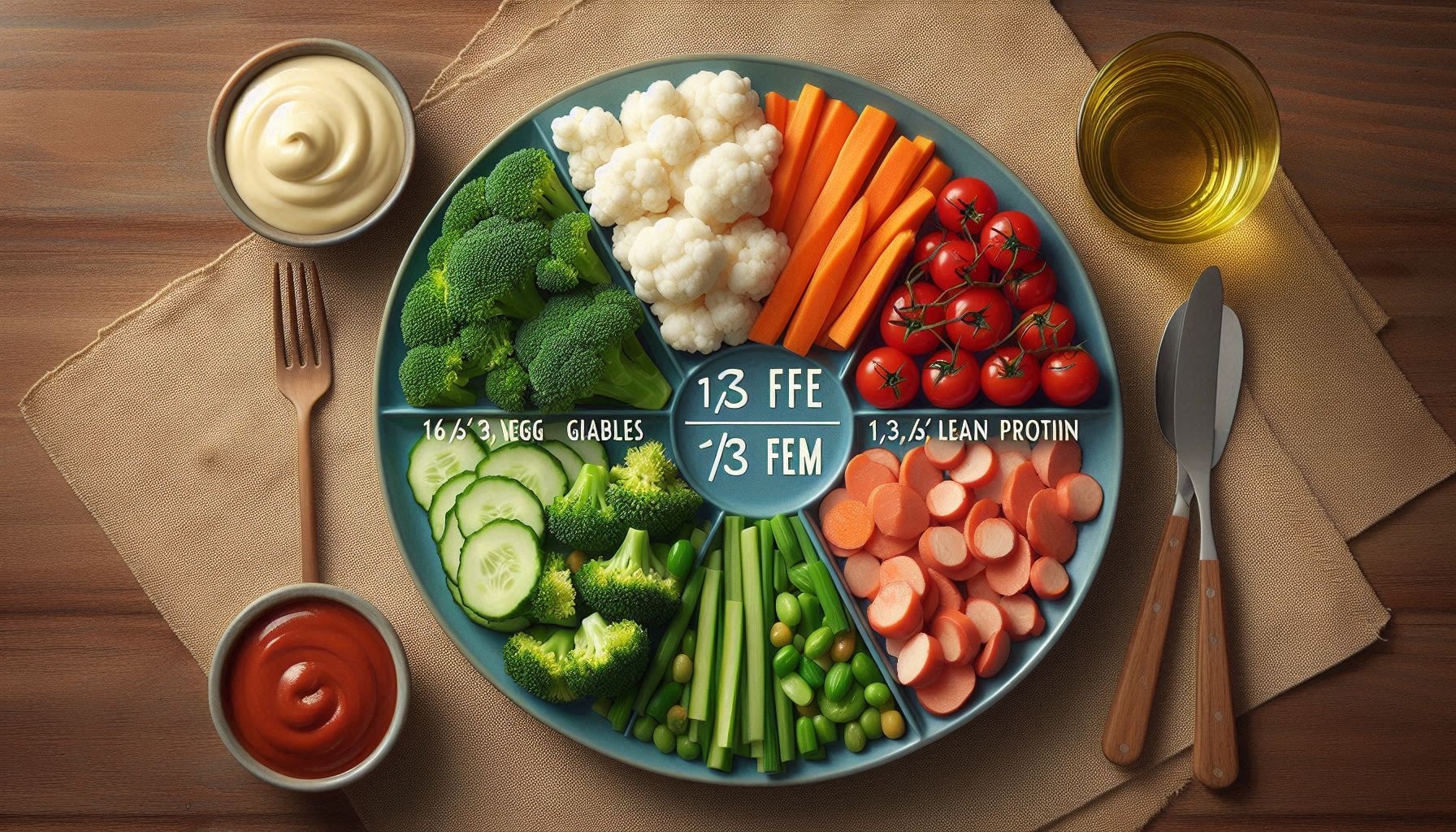
Should eat and drink in moderation
Palinski-Wade suggests eating in moderation. Aim for a plate that’s 1/3 fruits and vegetables, 1/3 lean protein, and 1/3 your favorite food, she says. This allows you to enjoy all the food without overeating, which can help reduce bloating.
Eat more green leafy vegetables
Vegetables like spinach, kale, bok choy, asparagus, and Swiss chard are high in water content and low in calories, and packed with vitamins, minerals, and fiber. They work well to reduce bloating, experts say.
Palinski-Wade recommends gradually increasing fiber intake to promote healthy bowel movements and reduce bloating, but don't increase fiber too much at once, as this can lead to more bloating. Additionally, not increasing water intake while increasing fiber can also lead to bloating and constipation.
Cruciferous vegetables like broccoli can also cause more gas, so it's best to eat these cooked rather than raw to reduce bloating, says Palinski-Wade.
Limit alcoholic beverages
Drinking alcohol with a large meal can make bloating worse. Dr. Hartman recommends drinking plenty of water, but spreading it out to prevent bloating—don’t drink too much at once, as this can increase bloating. She also recommends limiting alcohol, according to Healthline.
Source: https://thanhnien.vn/5-meo-hay-giup-cho-nhung-nguoi-hay-bi-day-hoi-185250213084601832.htm




![[Photo] Prime Minister Pham Minh Chinh chairs conference on breakthrough solutions for social housing development](https://vphoto.vietnam.vn/thumb/1200x675/vietnam/resource/IMAGE/2025/10/24/1761294193033_dsc-0146-7834-jpg.webp)

![[Photo] Standing member of the Secretariat Tran Cam Tu chaired a meeting of the Standing Committee of the Organizing Subcommittee serving the 14th National Party Congress](https://vphoto.vietnam.vn/thumb/1200x675/vietnam/resource/IMAGE/2025/10/24/1761286395190_a3-bnd-4513-5483-jpg.webp)
![[Photo] Solemn funeral of former Vice Chairman of the Council of Ministers Tran Phuong](https://vphoto.vietnam.vn/thumb/1200x675/vietnam/resource/IMAGE/2025/10/24/1761295093441_tang-le-tran-phuong-1998-4576-jpg.webp)
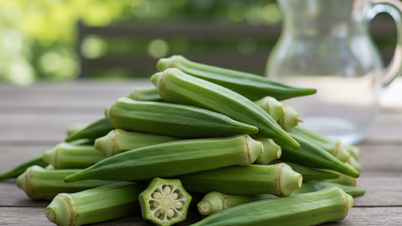

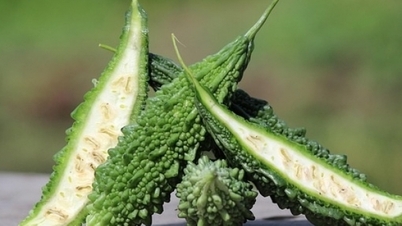

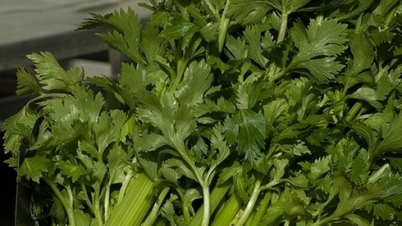


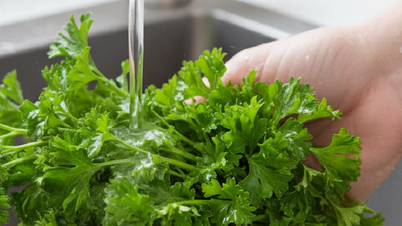



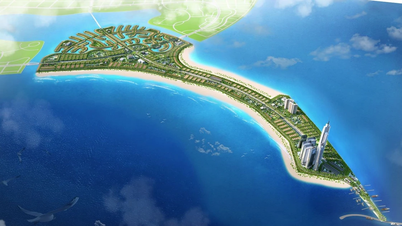

























































































Comment (0)